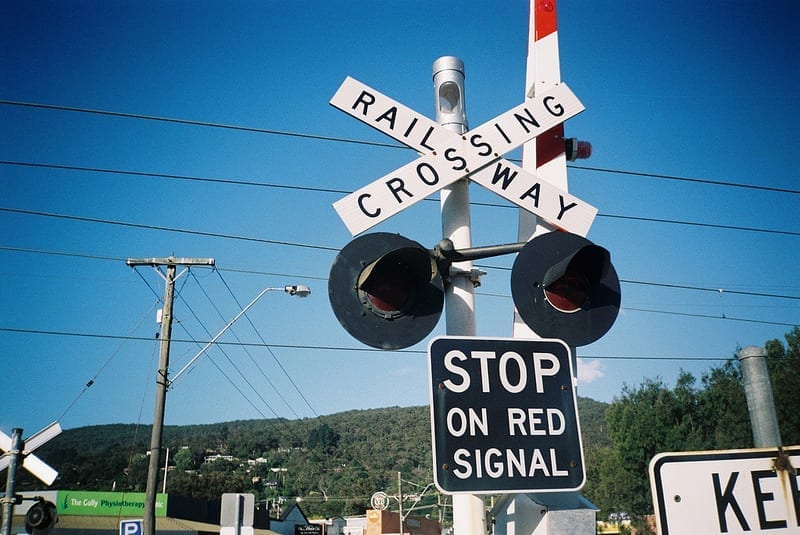In our current deregulation frenzy, it’s worth remembering why those who went before us and learned hard lessons put rules in place to begin with.
“Regulation” has become a dirty word lately. Regulations are rules, and as “everyone knows,” rules are just holding us back from doing whatever we want, like innovating ourselves into prosperity for all, or staying up all night to eat ice cream, right? The funny thing is that it’s usually (capital-C) Conservatives telling us this, and you’d think that, being conservative and all, they’d remember why we have certain rules (for example, because we never want another Great Depression). If “conservative” meant nowadays what it used to mean – characterized by moderation, cautious, tending to maintain institutions, preserving the best from what came before – they’d be a bit more circumspect about deregulation and tearing down the walls that our ancestors put up, often for good reasons.
Unfortunately, people who claim to be conservatives have elected into office a cohort of folks who, according to that definition, are anything but. We have a rich history, full of hard lessons learned at great cost, to draw upon if we choose. It would be particularly conservative to do so, but tribalist political fervor demands that they toss out our heritage as a sacrifice to the donor class and the ego of the Authoritarian-in-Chief. After all, Chris Collins (R-NY) said as much this November. That’s why we’re getting an agenda featuring deregulation and a tax cut for the very rich paid for by the middle class despite promises to the contrary during the Trump campaign. It doesn’t matter what you say, it’s what you do.

So what are they doing? There’s outright deregulation of industry through the “two-for-one” executive order, but there are also some really effective, sneakier ways that the Trump administration can repeal de facto rule of law. ProPublica, an organization that works to expose governmental abuse of the public trust, explained a few of these ways in a recent article.
For instance, the administration can block the flow of information to regulatory agencies. Here’s an example. If the Equal Employment Opportunity Commission’s mission of enforcing workplace anti-discrimination laws is unpopular with donors in the business community, then not allowing the EEOC to collect the data that would point to discrimination effectively throttles the agency. They can’t enforce what they don’t know is happening.
Backdoor deregulation also occurs when the administration puts a leash on agencies that makes it harder to do their jobs effectively. Naturally, it can cost some money to comply with a regulation; it’s not free for car companies to put safety glass and seat belts in the automobiles they build. By limiting such compliance costs that a regulating agency can impose on businesses under its watch, the White House budget office opened the door for businesses to avoid regulations that are “too expensive,” even if ignoring that regulation would impose a greater burden on the public in terms of safety failures, poor health outcomes, or other externalized costs. Got cancer from a leaking landfill? Good thing we saved the company money, eh?
Ordering regulators not to enforce regulations already on the books is a further form of real-world deregulation. Not one that’s always worthy of respect, but effective nonetheless.
On the surface, deregulation is popular because it appears to lead to increased freedom. In some cases, regulations, perhaps written by lobbyists themselves, exist mostly to limit competition and funnel more dollars into corporate pockets, and these should be reconsidered or eliminated. However, deregulation is often simply regulation by a different route. Instead of a publicly elected governing body being in control of the rules, control reverts to the industries and other powerful interests that decide how they would like to behave, and if you don’t like it, well, you should have thought of that before deciding to be too poor to challenge them. Our country becomes a playground with no chaperones, and the bullies are free to impose costs on you (or beat you up) as they see fit.
One more thing. Even in the current frenzy of deregulation, we still have someone on our side: lawyers willing to represent those who have been wronged. Sure, they’re the butt of bad jokes and cultural contempt, but remember, that perception is driven by those who wish we didn’t have this line of defense. That in itself is good enough reason to embrace those who help navigate the civil justice system, especially when we can’t trust business or government to act in our best interests.
Related: Regulations are Protections – for whom?


Join the conversation!